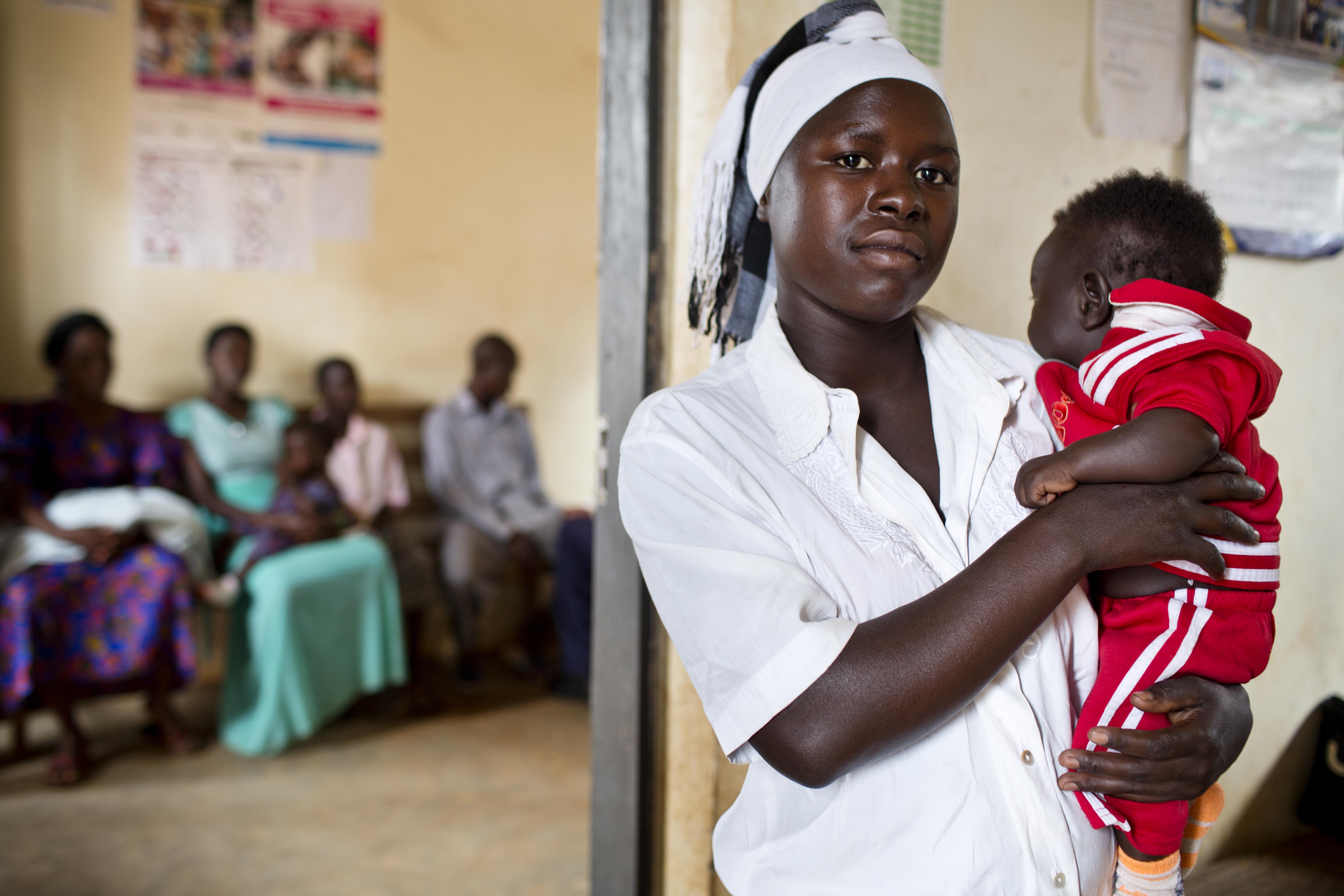COVID-19 and Global Health
Dr. Susan Nagele, MKLM, who worked in East Africa for 33 years, explains how the COVID-19 pandemic is compounding other ongoing global health challenges.
Dr. Susan Nagele, MKLM, who worked in East Africa for 33 years, explains how the COVID-19 pandemic is compounding other ongoing global health challenges.The following article was published in the September-October 2020 issue of NewsNotes.
The COVID-19 pandemic is causing serious setbacks in the global public health efforts to treat and control the spread of other life-threatening diseases, such as malaria, HIV, and tuberculosis (TB). These challenges are particularly dire for those living with these diseases in impoverished countries, where access to diagnosis, treatment, and life-saving medicines were already limited before the COVID-19 pandemic.
Malaria kills at least half a million people annually and 90 percent of deaths from malaria occur on the African continent. Delay in treatment can cause death in just days, especially for children.
Annual malaria deaths had been decreasing in recent years but, according to Dr. Pedro L. Alonso, director of the World Health Organization’s global malaria program, “Covid-19 risks [are] derailing all our efforts and taking us back to where we were 20 years ago.” The New York Times reports that prevention of malaria with insecticide treated nets has been disrupted as distribution has been halted by travel restrictions for the pandemic. In addition, the economic crisis brought on by the lockdowns has made access to medicines impossible.
Each year in March, rains start falling in Uganda and bring mosquitoes and an uptick in malaria cases. At the Catholic Hospital in Kitgum, Uganda, consultation and treatment for malaria costs the equivalent of about three days’ work at the typical wage. This year, the malaria cases increased as the COVID-19 lockdowns took hold. Now, many families are having problems accessing malaria medicine. Fr. David Schwinghamer, MM, in Kitgum, Uganda, reports that those without adequate funds purchase malaria medicines from less reputable sources for $0.25 or go without treatment until they become very sick.
The COVID-19 pandemic has also affected people living with HIV. National Public Radio (NPR) reports that, to date, HIV-positive individuals have not become as sick with COVID-19 as initially feared. Researchers posit that this is because those infected with HIV quickly followed public health guidelines, given their past experience with the HIV pandemic. Experts have also begun to study whether treatment for HIV offers some protection from the coronavirus.
As regular access to HIV medicine has been threatened by lockdowns, governments and health organizations are working to find solutions. The New York Times reports that, globally, about a quarter of people with HIV cannot access the medicines they need each day and some people have been sharing their drugs to stretch out their supplies. These drugs are usually distributed on a monthly basis and need to be taken properly to prevent the virus from developing drug resistance. Some countries are considering dispensing medications for three to six months intervals to avoid this problem.
The pandemic could disrupt the fight against TB most of all. TB kills about 1.5 million people annually, mostly in impoverished countries. Like COVID-19, TB spreads through respiratory droplets, and experts estimate that during times of lockdown, especially in which families are living in small, cramped conditions, such as in informal settlements, one person could spread the bacterium to 15 other people on average. Lockdown measures could also decrease access to treatment; the World Health Organization (WHO) has received information from 121 countries reporting a decrease in the number of patients attending TB clinics.
Research and technology have shifted toward efforts to diagnose and treat COVID-19, to the detriment of progress in the fight against other diseases. For example, a test called GeneExpert that is regularly used to diagnose TB is now instead being used to diagnose COVID-19. In addition, research and manufacturing for COVID-19 tests and treatments have become so lucrative that it is causing companies to switch to manufacturing coronavirus tests.
When tests become unavailable and the diagnosis of TB is delayed, transmission continues unabated. Furthermore, when treatment is disrupted, TB resistance to drug treatment increases. Right now, cases of multidrug resistant TB (MDR) are increasing.
An effective and safe vaccine will be key to managing the pandemic and alleviating these secondary affects for other disease epidemics. The WHO plans to set terms for a new pact, entitled COVAX Global Vaccines Facility, by August 31. It aims to avoid “vaccine nationalism” by providing COVID-19 vaccine distribution worldwide, targeting health care workers and those most at risk first. Under this plan, vaccines will be delivered to 20 percent of the populations of member nations as soon as vaccines become available.
The United States has yet to provide leadership and funding for these global strategies to manage the crisis. On July 9, 32 Senators signed a bipartisan letter to Senate leadership calling for “emergency funding for COVID-19 [that] includes a robust, coordinated, and sufficiently resourced international response.” To date legislation to provide this languishes in Congress. Dr. Tedros Ghebreyesus, chief of the WHO, advises, “For the world to recover faster, it has to recover together, because it’s a globalized world: the economies are intertwined. Part of the world or a few countries cannot be a safe haven and recover.”
Faith in action: Urge Congress to provide foreign aid for COVID-19 recovery: https://bit.ly/MOGCaidCOVID
Photo: Malaria patient in Uganda, courtesy of USAID, available on Flickr.

